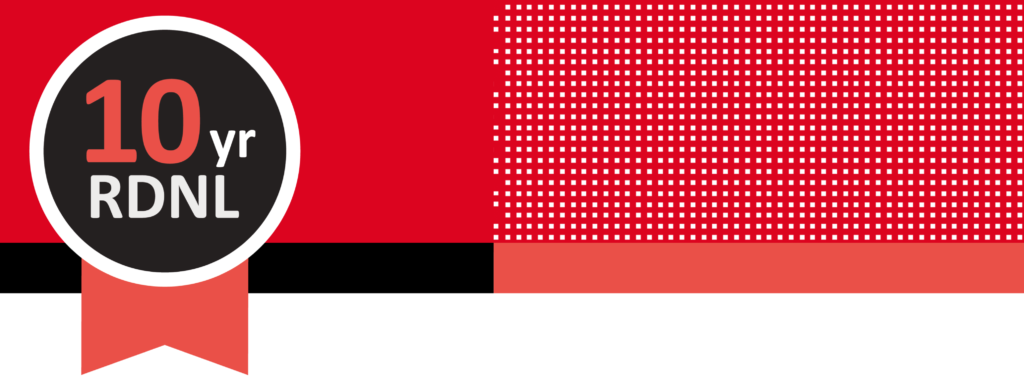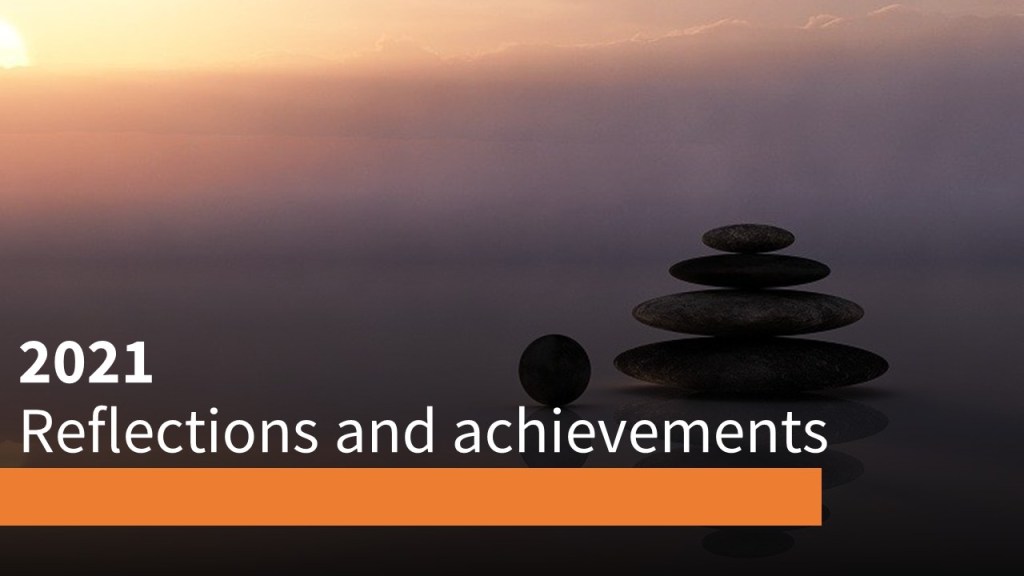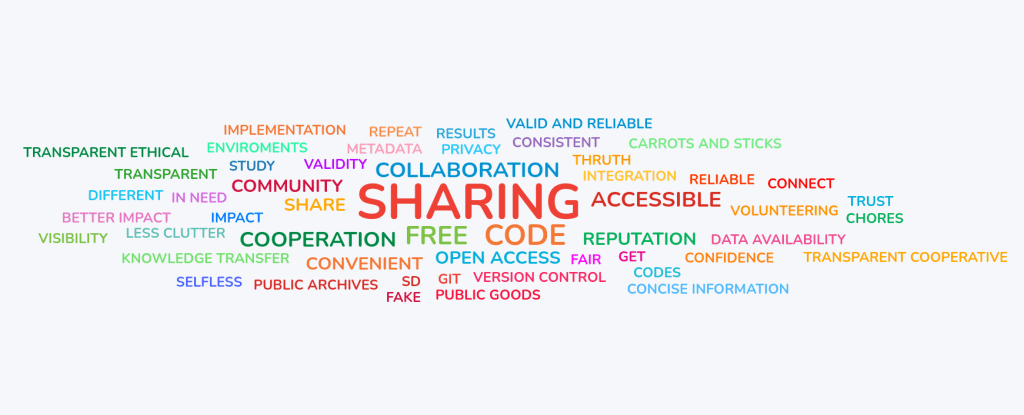Celebrating 10 years of RDNL!

2023 marks 10 years since the official establishment of RDNL and we are excited to celebrate and look back at the partnership’s achievements over these years. What happened in those 10 years and how can we move forward into another exciting decade?
What is RDNL?
Research Data Netherlands (RDNL) is a national coalition of data service providers and expertise networks. It was created to promote FAIR implementation and reuse of research data, including sustainable data archiving. The coalition was founded in 2013 by 4TU.ResearchData and DANS and was later joined by SURF in 2014 and the Dutch Techcentre for Life Sciences (DTL) in February 2022, respectively.
This strong partnership facilitates knowledge exchange and capacity building across all domains of science, and provides expertise and training in the field of data management, FAIR implementation and long-term data accessibility and preservation. The RDNL partners thus are geared to strengthen the National Programme Open Science, and help create a FAIR research ecosystem.
RDNL History
The partnership started at a time when ‘data’ got a lot of traction: as their dowry, the initiators contributed a training for so-called ‘data librarians’ as well as a national research data prize. It may be hard to believe that this was before the emergence of the FAIR data principles or the current worldwide support for rewards and recognition. However, RDNL has its roots in preserving research data for the long term in a trustworthy way. Data were – and are – considered as valuable in their own right, not just as supplementary to a publication.
Soon the intended audience of the training was broadened to ‘data supporters’: everyone who supported or wanted to support researchers with managing their data, whether they were called librarians or information specialists, or ‘even’ researchers. Thanks to this inclusive approach, major content updates over the years, and scores of inspiring expert speakers, the training became and remained very popular.
More than 500 data professionals have participated in our face-to-face trainings in the Netherlands and abroad. We were very flattered when the Danish RDM Forum invited us in 2016 to come over and give a tailor-made training for their collaboration. “We” included Ellen Verbakel from 4TU.ResearchData, now retired. In RDNL’s pool of knowledgeable and engaging coaches she stands out as the longest-serving coach to date, a strong data supporter herself and a very friendly person who could assuage any concerns about having to write a data management plan as an assignment.
Other highlights include a nomination for the Digital Preservation Award, the Essentials 4 Data Support course being recommended by European initiatives such as OpenAIRE, and the course serving as a model for ‘Leren Preserveren’, which targets the Dutch cultural heritage community. It is only natural that the latter led to a new collaboration under the European research infrastructure for heritage science, E-RIHS.
And what about the data prize? It evolved from one award for social sciences and humanities to three awards: indeed, one for each thematic domain, unknowingly in anticipation of today’s thematic digital competence centers, which are hosted by RDNL partners.
Trainings
RDNL offers two training courses for researchers and research data support professionals:
- Essentials 4 Data Support is an introductory training for those who (want to) support researchers in storing, managing, archiving and sharing their research data.
- AVG 4 Data Support is a training that highlights all concepts around the General Data Protection Regulation (GDPR) and the steps one can take in the different phases of scientific research to protect personal data.
The Dutch Data Prize
The Dutch Data Prize is a prize awarded to a researcher or research group that has made a special contribution to science by making research data accessible for new or additional research. The Dutch Data Prize was first awarded back in 2010. The prestigious prize is a valuable recognition of researchers’ contributions to their own field and to the principles of FAIR data. The winners also receive an award up to € 5.000 to celebrate and make the data (even) more accessible.
Data Prizes are awarded in three categories: Social Sciences & Humanities, Life Sciences & Health and Natural & Engineering Sciences. Datasets produced by all researchers working in the Netherlands, including interdisciplinary and international consortia, may participate in the Prize (provided they meet the official criteria).
Over the years, the Dutch Data Prize saw many interesting wins, a few examples include:
- Materials In Paintings (MIP): An interdisciplinary dataset for perception, art history, and computer vision – Mitchell Van Zuijlen, Hubert Lin, Kavita Bala, Sylvia Pont, Maarten Wijntjes – TU Delft, the team won in the prize in the Natural & Engineering sciences category in 2022.
MIP is an annotated dataset of 19,000 paintings from the past 500 years. Its reusability across different domains and its applicability to the arts and humanities make the dataset very special. The dataset got downloaded over 1200 times in 28 countries only 1.5 years after uploading it.
- MyMovez Project – MyMoveztTeam, Radboud Universiteit Nijmegen won the prize in the Social Sciences & Humanities category in 2020.
The MyMovez project investigated adolescents’ health behaviors (nutrition, media use, and physical activity) and their social networks for three years. The first year and second years marked the first phase of the project in which the health behaviors of adolescents were monitored without intervening. The third year marked the second phase of the project in which four different types of interventions were tested to promote either water consumption or physical activity.
- BBMRI-omics – Bas Heijmans, LUMC, won the prize in the Life Sciences & Health category in 2018.
The BBMRI-Omics data set was created to study the relations between different omics levels and develop omics signatures of health and disease. The data set has proven to facilitate researchers in their discovery of novel biological mechanisms and biomarkers for health and disease.
More interesting examples and a full history of the Dutch Data Prize can be followed in this article.
FAIR Data Day
The FAIR Data Day is an event organised by the Research Data Netherlands (RDNL) together with the National Programme Open Science (NPOS), aiming to bring the research & data steward communities together in the Netherlands and award the Dutch Data Prizes.
The first edition took place on 29 November 2022 and turned out to be a very inspiring and thought-provoking day, filled with motivational keynote speakers and interactive parallel workshop sessions, – all showcasing good practices of FAIR implementation as submitted by the research & data steward communities. The Dutch Data Prize was also awarded during the day, having received a record number of 51 nominations! Read more about this fantastic event in the dedicated blog summary.
Looking ahead
The growing digitisation of research and the transition towards Open Science, further accelerated by the formation of the Open Science NL, requires proper stewardship of datasets and other scientific outputs. In order to put Open and FAIR principles into practice, research needs to be effectively supported by data professionals. There is a great need for capacity building of such data professionals. Given its experience with providing Essentials4DataSupport, a course which has been recognised as an essential starting point for aspiring data stewards, we feel that RDNL can play an important role to address this need by training new aspiring data stewards. We can do that better by forming a broader coalition of national stakeholders which can help us to scale up capacity building for data professionals, an exciting perspective for the future.
We also look forward to many more activities and a bright and prosperous future for RDNL!




